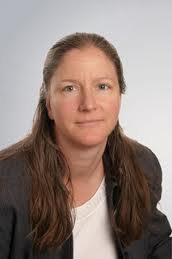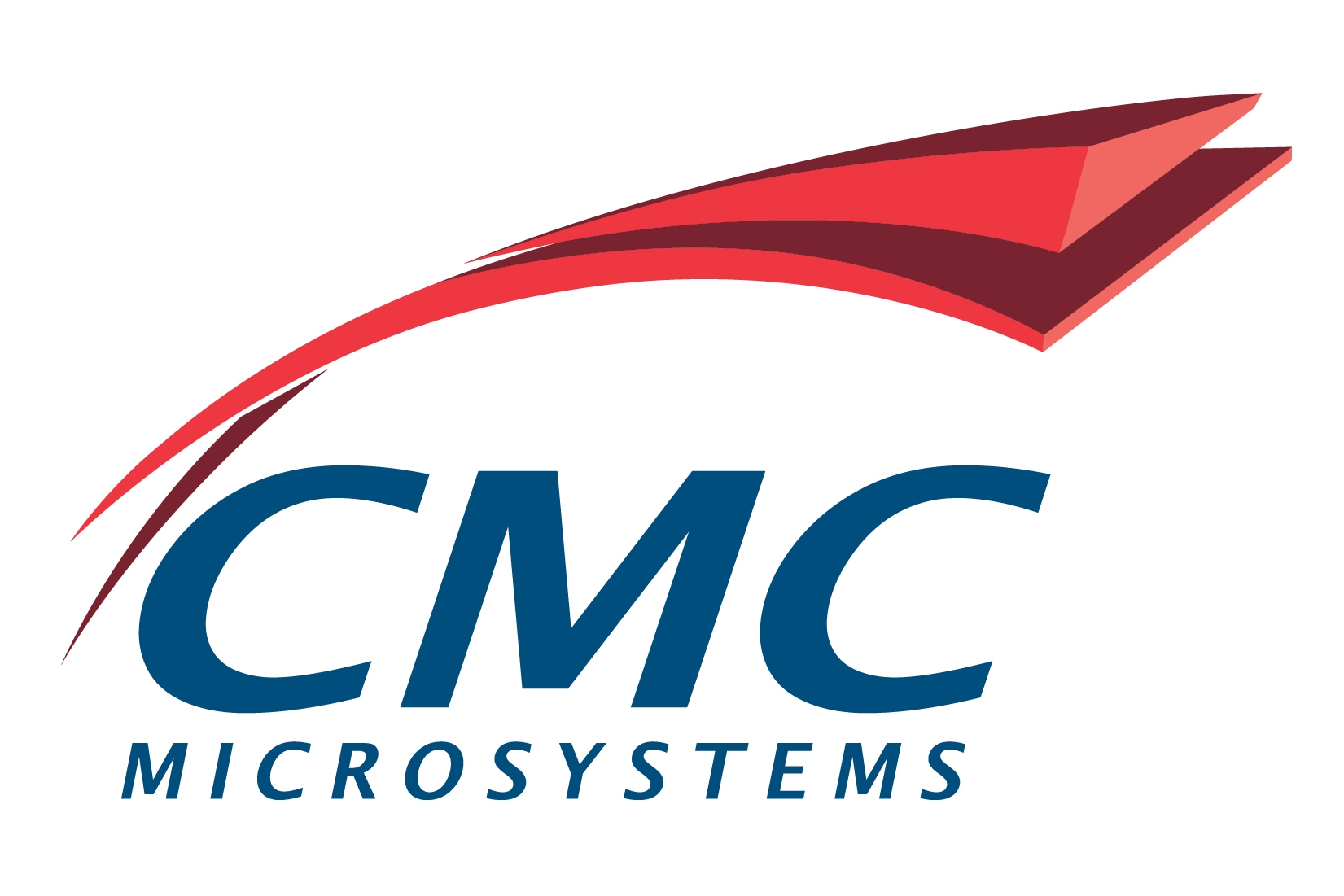This two-day training comprises of an introduction to L-Edit on day 1 and covers details on the process design kit (PDK) of Electronic Sensor Platform (ESP) on day 2. L- Edit includes a fully hierarchical and full custom editor engineered for MEMS and IC design. L-Edit is a layout tool that represents the masks that are used to fabricate an integrated circuit. In L-Edit, layers are associated with masks used in the fabrication process. Different layers can be conveniently represented by different colours and patterns. L-Edit describes a layout design in terms of files, cells, instances, and mask primitives. Popular output formats are supported so mask designs are “foundry ready”. Learn more about L-Edit.
The Electronic Sensor Platform consists of open-gate silicon junction field-effect transistors (Si JFET) to enable on-chip integration of functional soft materials with microelectronics. The transistors are fabricated without the top gate electrode, such that a transducing soft material can be applied in the place of the gate during post-processing. Different materials like graphene, biomolecules, or quantum dots can be used as the transducing material. This platform has applications in the area of optical detection, for pH and insulin sensing, biomarker detection, as an ambient gas/radiation sensor etc.
CMC has developed a process design kit for the electronic sensor platform. The kit consists of a user guide, L-edit layout template, reference designs and simulation files in Synopsys Sentaurus and COMSOL. On day 2 of the course, there will be a detailed discussion on the different components of the PDK and how to use it to develop your layout. We will also cover topics on best practices to follow to develop your layout to make it foundry ready and take into aspects of integration and packaging.
Schedule
- 10:00 – 12:00 pm EDT / 7:00 – 9:00 am PDT: Session 1
- 12:00 – 12:30 pm EDT / 9:00 – 9:30 am PDT: Break
- 12:30 – 3:00 pm EDT / 9:30 – 12:00 pm PDT: Session 2
- 3:00 – 3:30 pm EDT / 12:00 – 12:30 pm PDT: Break
- 3:30 – 6:00 pm EDT / 12:30 – 3:00 pm PDT: Session 3
Course outlines:
L-edit Course Outline
- How to Start L-Edit
- L-Edit UI
- Customizing your environment
- Grids, Precision
- Layers and Masks
- Drawing/Editing
- Cells and Hierarchy
- Instancing Tcells
- How to start a new design
- How to attach to a technology reference
- How to work with libraries
- How to work with design kits
- How to do Boolean operations on objects
- Base points
- Object Snapping
- Alignment Functions
- Tips, Useful commands
- Find
- Rulers
- Curves
- Wires
- Helpful Macros
- Cell Operations
ESP PDK Course Outline
- JFET Technology Review
- The JFET PDK
- Loading the PDK Technology
- JFET Design layers
- GDS II Stream out
- GDS II Stream in
- GDS In/Out with JFET Design Kit
- JFET DRC Rules
- Running DRC
- Fixing DRC errors
- Using the PDK Library
- PDK Cells
- Instancing the PDK TCells
- The Example Design
- Best Design practices
- Links to COMSOL
- PDK Reference documentation
- Run Overview from CMC
- Q and A
Pricing and Registration
Registration will be closed on June 4, 2021, at 12 pm EDT.
Instructor
| Photo | Title | Biography |
 | Dr. Mary Ann Maher | Dr. Mary Ann Maher received her Ph.D. from Caltech in 1989 in the area of semiconductor device modelling developing a new charge-based transistor model. At Caltech, she conducted research in the area of neuromorphic systems, analog circuits and transistor modelling. She pursued post-doctoral studies at the CSEM in Neuchatel, Switzerland, where she studied analog memories and designed low-power analog ICs with on-chip sensors for artificial vision applications. At Tanner Research she began the simulation and modelling group and launched Tanner’s T-Spice analog circuit simulator product. She then became the Software Architect responsible for specifications for layout, routing, simulation, analysis, schematic and viewing design tools. As Director of Advanced Products, she brought to market Tanner’s MEMS Pro microsystem and MCM Pro multi-chip module and packaging design tool suites. Moving to MEMSCAP, she became the company’s CTO and later the General Manager and Executive Vice President of the Design Automation Business Unit. In 2004, she started SoftMEMS, LLC, the maker of the popular microsystems design tools – MEMS Pro and MEMS Xplorer, where she serves as CEO. |
Contact
If you have any comments or questions regarding the course content or registration, please contact cad@cmc.ca.
Cancellations
Course cancellations must be received in writing at least one (1) week before the beginning date of the course in question to receive a full refund of the registration fee. A cancellation made after the deadline will not receive a refund.
